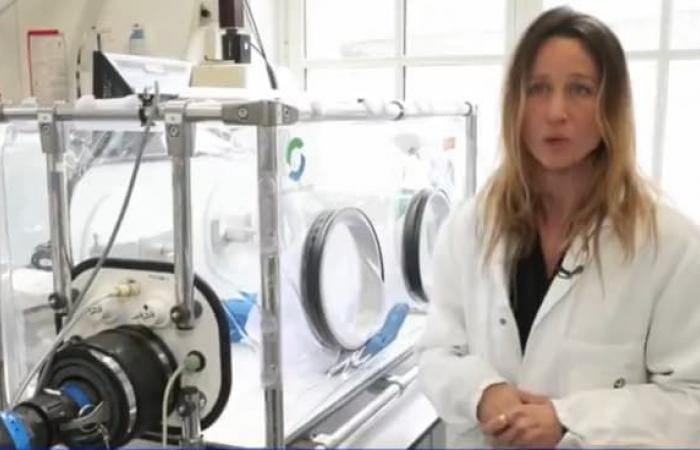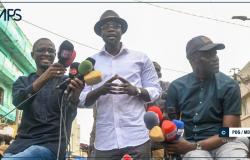Athletes, tourists, security personnel… 15 million people are expected this summer during the Olympic and Paralympic Games in Paris, and with them a significant mix of pathogens (viruses, bacteria, parasites, etc.).
Public Health France indicated that it “was going to be particularly attentive to food-borne infections, arboviruses (chikungunya, dengue fever, Zika) and even measles for the infectious aspect”. For example, less than a month before the Olympics, the number of imported cases of dengue fever already exceeds 2,800 in mainland France, surpassing last year’s historic record in four months (2,019).
New, more versatile tests
To avoid epidemics, the Pasteur Institute has prepared accordingly for a year and a half and developed the CIBU, the Emergency Biological Intervention Unit which has existed since 2002.
Within the Institute’s laboratory, doors follow one another between the coats and the white walls. Hospitals and health authorities send blood or saliva samples here for analysis. To meet as many demands as possible and improve efficiency, the Institut Pasteur has developed new tests.
“It’s true that in the case of the Olympics, we expanded our test ranges to tropical diseases such as malaria, dengue fever, chikungunya,” explains Jessica Vanhomwegen, head of the viral identification center within the CIBU.
“Where before we could look for 3 to 5 viruses in a single test, what we have done is that we have developed tests which allow us, from a single sample, to look for the presence of 24 viruses, bacteria, in less than two hours and therefore to identify the cause of the illness in this person”, she explains.
Gain speed to strengthen prevention
In another room, engineer Charlotte Balière pushes the analysis of the samples: “In 15 minutes, we already have the first results”. This speed is extremely important for the members of the CIBU.
We need to move quickly to be able to isolate the sick as quickly as possible. “If there are people who are likely to be affected by highly contagious diseases like Ebola, they are isolated in private rooms and it is absolutely necessary to make the diagnosis as quickly as possible to confirm this quarantine,” insists Laurent Dacheux, deputy head of the CIBU.
Twenty researchers and engineers work here day and night, seven days a week to prevent the spread of viruses. Three reinforcements were recruited for the Olympic Games.
Original article published on RMC Sport






